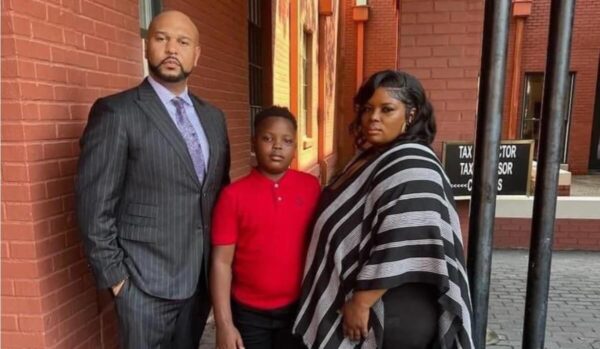The attorney for the 10-year-old who was charged with public urination has announced that the case against his client has been dismissed.
The decision comes after Quantavious Eason was arrested and charged with a child in need of supervision for urinating behind his mother’s car last August as his mother was inside visiting her lawyer’s office.
“This outcome is not just a victory for Eason and his family, but for juvenile justice advocates everywhere,” a Feb. 5 press release from Carlos Moore Law Group said. “This case has gained national attention due to its broader implications for juvenile justice and concerns about racial disparities within the legal system.”

Eason was given three months probation, required to do check-ins and complete a two-page assignment on notable basketball star Kobe Bryant. His attorney, Carlos Moore, was highly critical of the outcome and pointed out how Eason’s counterparts wouldn’t have been taken into custody in the first place.
“Black boys are demonized or criminalized at a very young age. Had he been a little white boy urinated he would had not been arrested,” Moore previously told local news. “We are going to take this to the highest heights, and we are going to file it in federal court. We are going to fight for justice, and they are going to pay this family for what they have endured.”
The child’s mother decided not to sign the probation agreement last month, citing unfair treatment. The terms included an 8 p.m. curfew, potential drug tests, and that he would be prohibited from using firearms — which Moore argued could have been given to an adult offender. He made it clear that he would fight to dismiss the case and request a trial because he believed Eason was being treated like a criminal.
“The mother’s decision not to accept the probation terms sparked public debate, prompting questions about the fairness of the initial sentencing,” the press release said.


